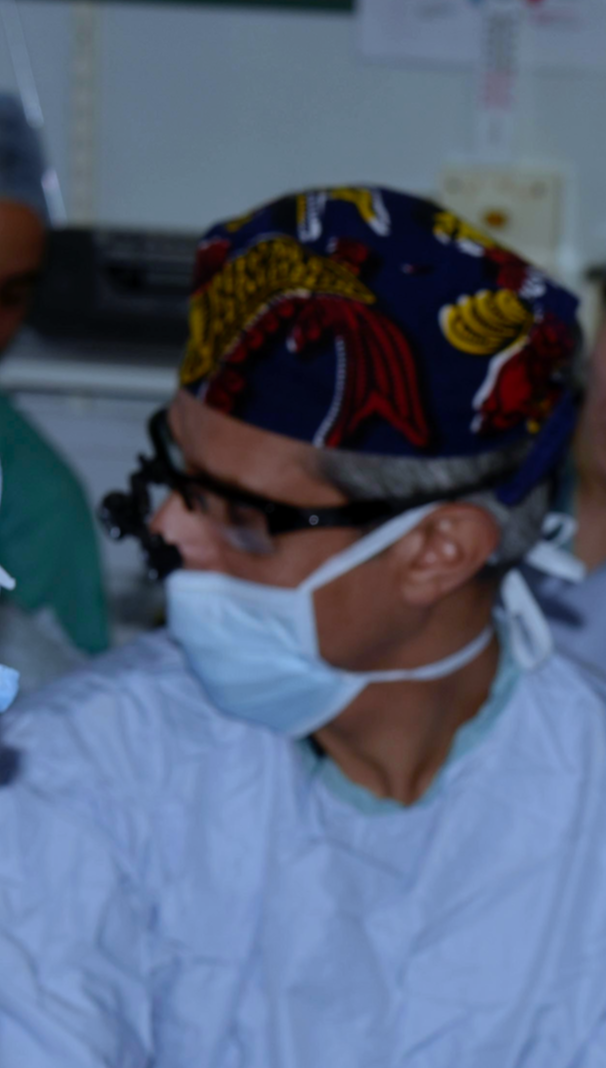Paediatric Anaesthesia
Having a General Anaesthetic
Anaesthesia
Modern anaesthesia is extremely safe and reliable. Anaesthetists are highly specialised hospital doctors with at least 5 years of post-graduate training prior to becoming a Consultant. Paediatric anaesthetists regularly anaesthetise children as part of their normal practice and have undergone at least one extra year of training in anaesthesia for children.
The risk of harm from modern anaesthetic, in all but the very sickest children, is so small it is almost too small to measure, but is probably less than 1 in 20,000. To put this in context: it is less than the chance of suffering serious injury as the result of a car accident.
Preparation
In order to keep the risk low it is important to be fasted before any general anaesthetic. Guidelines currently require that no food or milk be taken by mouth from 6 hours before the scheduled operation time. Clear fluid (juice or water) can be given up to 2 hours before the scheduled operation.
If your child has a cough or cold it is best to ring the hospital to check whether or not you should come at the scheduled time. Runny noses alone are rarely a cause for concern but if they are accompanied by a chest infection or a high fever, then we will usually postpone all but the most urgent surgery.
At the hospital
Once you have been admitted on the day of the scheduled surgery an Anaesthetist will see you and your child on the ward and go through some questions with you. He or she will also go over the planned procedures and answer any questions that you may have. In particular they will discuss the method of going to sleep (either gas or injection) and pain management. If an injection is to be used we will numb the skin with cream beforehand on the ward.
In the anaesthetic room
If you have no experience of hospitals these can be slightly daunting but are not to be feared. We will do all we can to make the experience as stress free as possible. For inhalational (gas) anaesthetics younger children are able to sit on their parents laps. Similarly for intravenous (injection) anaesthetics the same is true whilst we place a cannula in a vein.
During the procedure
The anaesthetist is present throughout the procedure and constantly monitors the patient. The anaesthetist also ensures that adequate fluids and pain relief are used throughout the procedure. Once your child is stable in recovery and regaining consciousness you will be able to rejoin them.
Post-operation
Pain relief appropriate to the procedure will be prescribed and administered as will fluids. Your child will be encouraged to have clear fluids and then solids as soon as feasible. For most short procedures this will usually be within a couple of hours of the end of surgery but will vary by operation and individual. Again for most procedures regular paracetamol and Ibuprofen will be prescribed (unless contra-indicated) and should be continued as directed.
If you have any questions regarding the anaesthetic process please feel free to ask the Anaesthetist at your pre-operative visit.
Alternatively, you can visit the Royal College of Anaesthetists website for further information.

